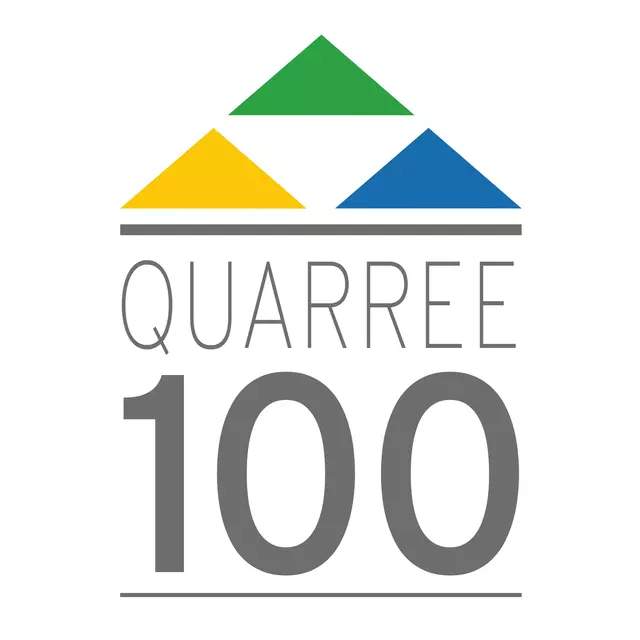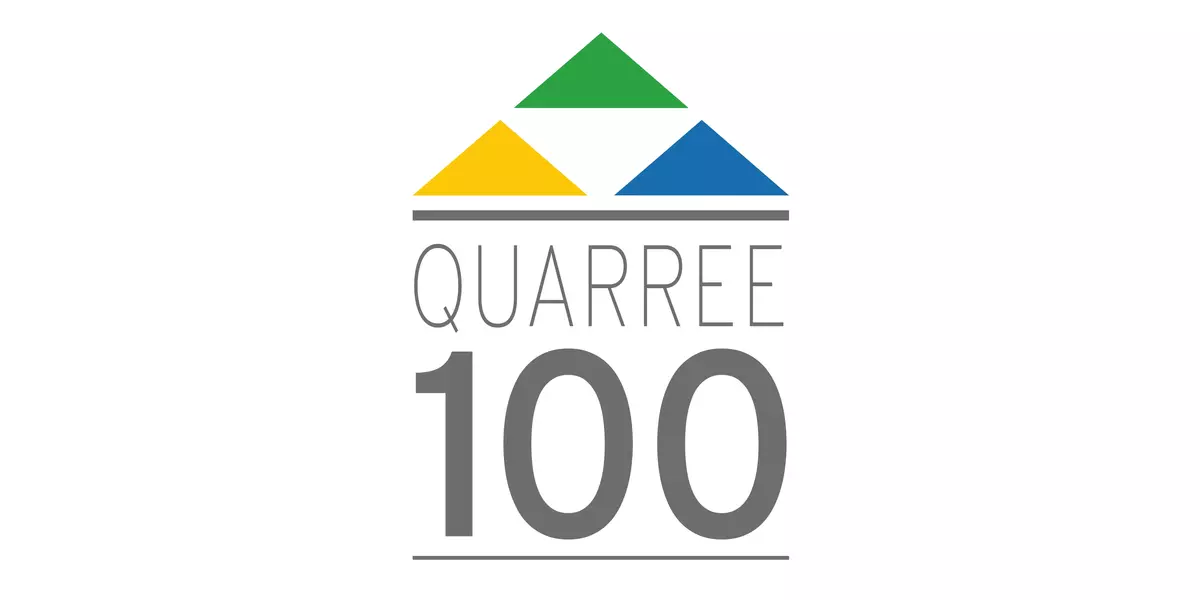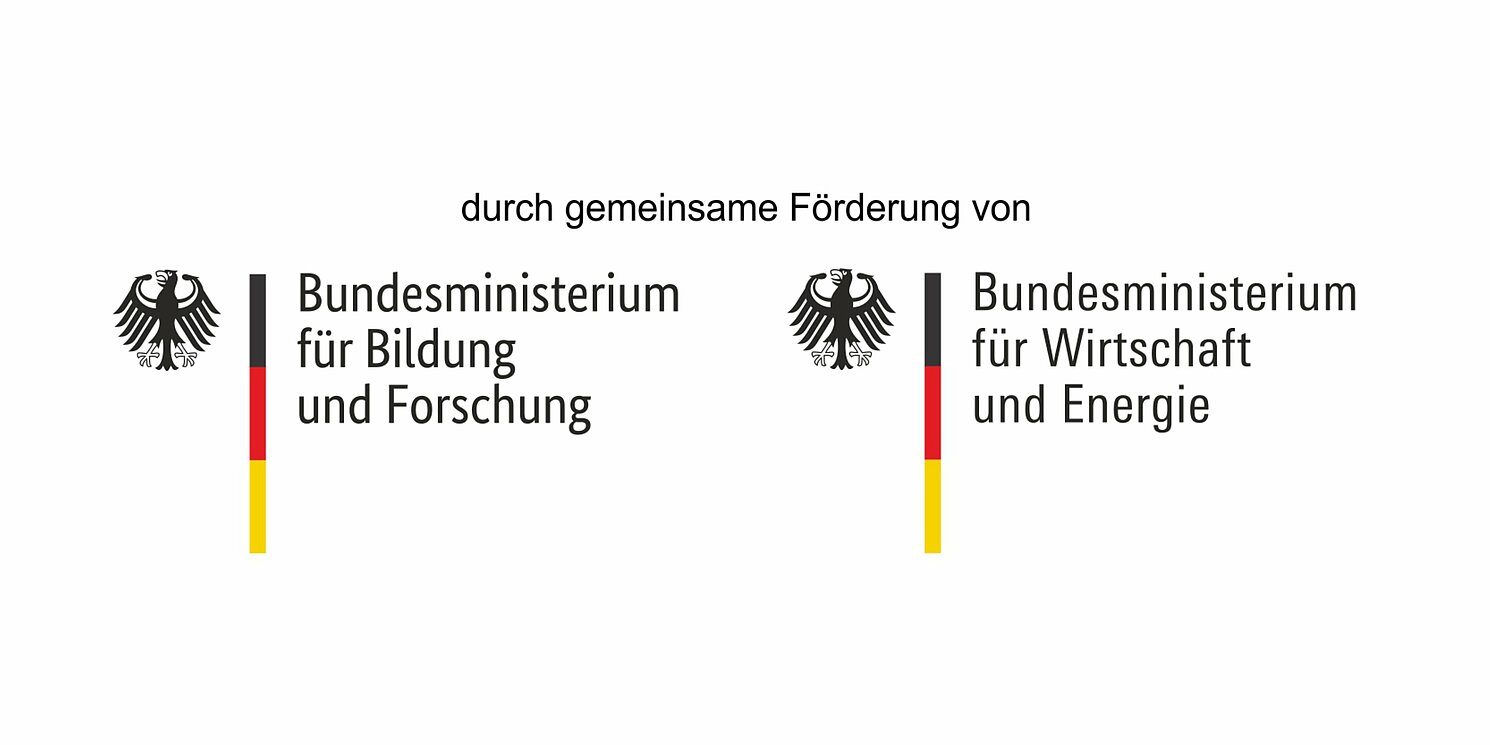QUARREE100
Resilient, integrated and system-serving energy supply systems in existing urban districts with full integration of renewable energies (QUARREE100) - Rüsdorfer Kamp real-world laboratory


Resilient, integrated and system-serving energy supply systems in existing urban districts with full integration of renewable energies (QUARREE100) - Rüsdorfer Kamp real-world laboratory
QUARREE100
More than 20 partners, including universities, research institutions, companies and municipal institutions, are working on the research project "Resilient, integrated and system-serving energy supply systems in existing urban districts with full integration of renewable energies (QUARREE100) - Rüsdorfer Kamp real-world laboratory" (QUARREE100). The lighthouse project, which is funded by the BMBF with around €24 million until 2024, focuses on energy supply in existing districts with the integration of renewable energies in the Heide model region.
The aim is to develop scalable and transferable solutions that allow a high proportion of renewable energy in all sectors in the district and integrate the district into the overall energy system. This requires innovative technologies that contribute to a highly flexible supply of energy sources on the scale of neighborhoods and regional associations of settlements, commerce and industry, including the coupling of the associated supply systems. These will be developed, tested and implemented in the real laboratory in this project. Furthermore, transferable tools are required for the planning of integrated, system-friendly and district-based energy systems, for which a modular system with tools ranging from simulation and analysis tools to participation concepts is being developed.
FENES is responsible for the cross-sector (electricity, heat, transport) simulation of energy flows in existing districts, the identification of flexibility potentials and the stability analysis as well as the determination of possible implementation options for sector coupling. In this context, the focus is also on the development of a heat network that is open to feed-in and development, taking economic and technical aspects into account.
In addition, a novel storage system is being developed and constructed in collaboration with Prof. Dr.-Ing. Belal Dawoud and Prof. Dr.-Ing. Hans-Peter Rabl (Faculty of Mechanical Engineering, OTH Regensburg). This system is to be based on a thermochemical energy storage system. A water electrolyzer is used to produce hydrogen, which is then stored. A combustion engine adapted to the combustion of hydrogen/water/oxygen mixtures makes it possible to store the hydrogen.
Project management: Prof. Dr.-Ing. Michael Sterner
Project duration: 11/2017 - 12/2024
Funding amount: approx. 24 million €
Project homepage: QUARREE100
